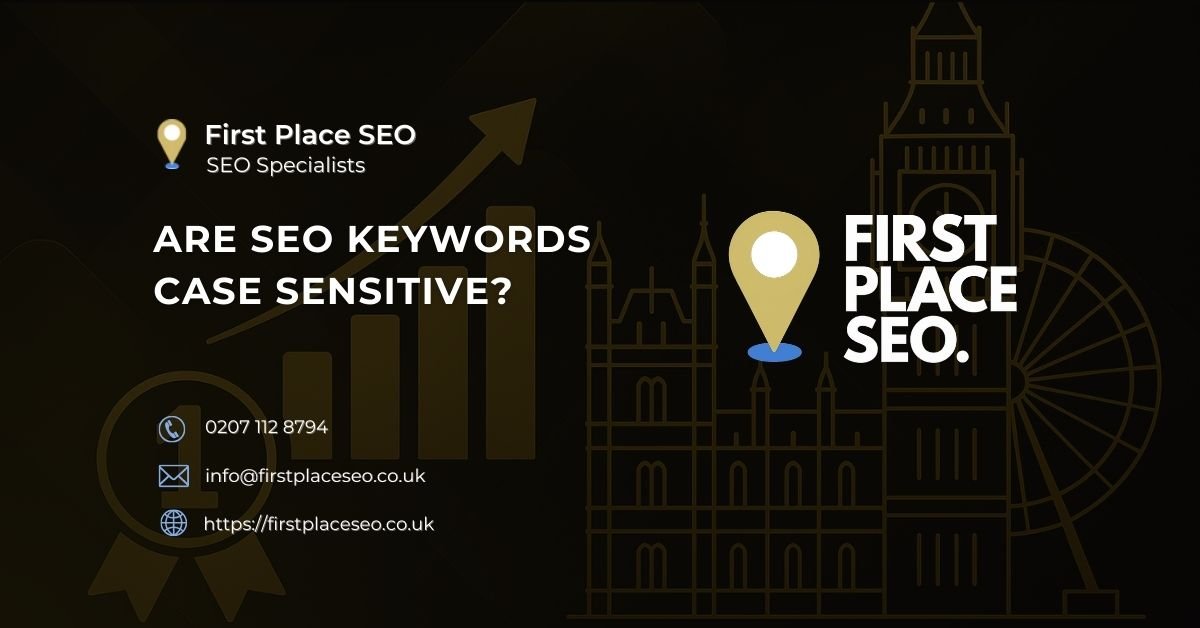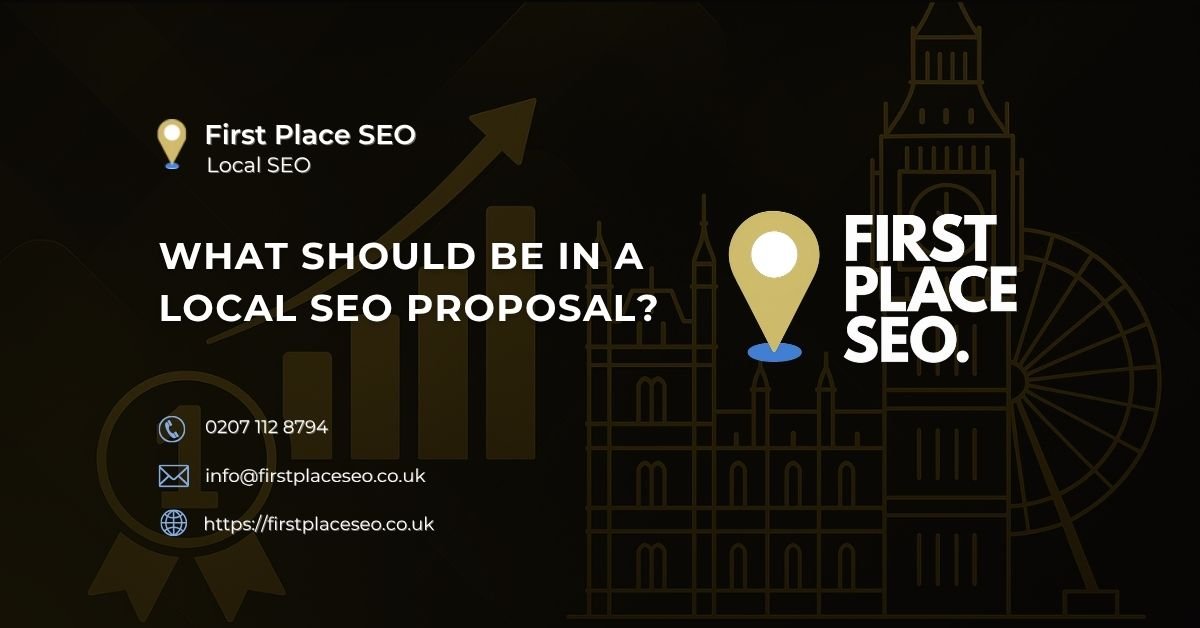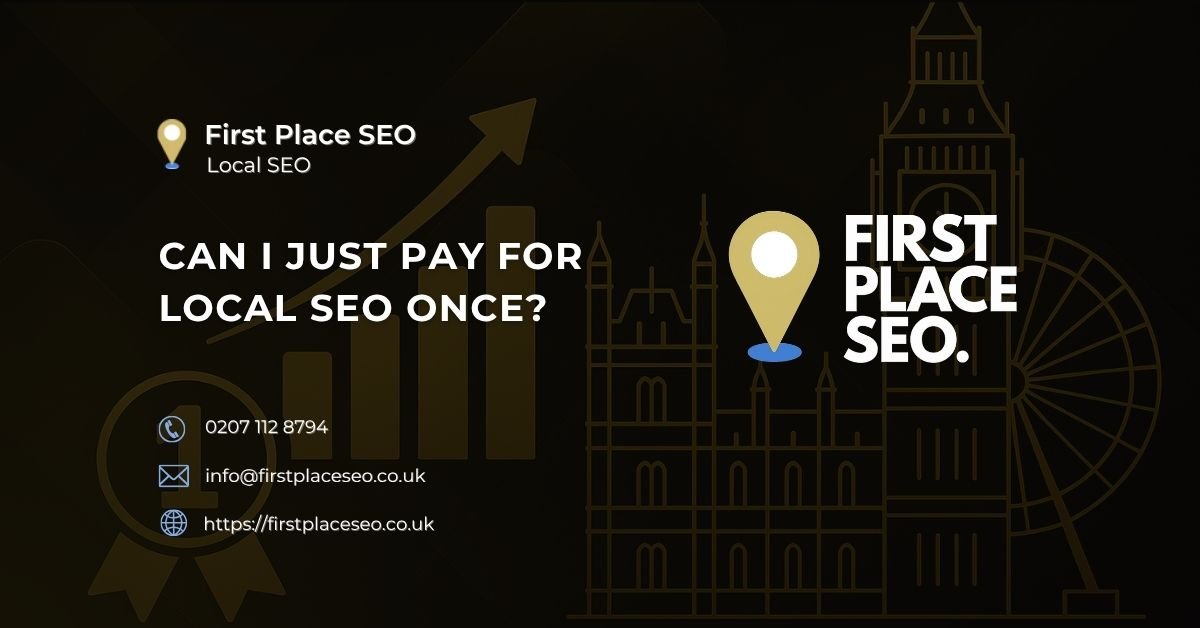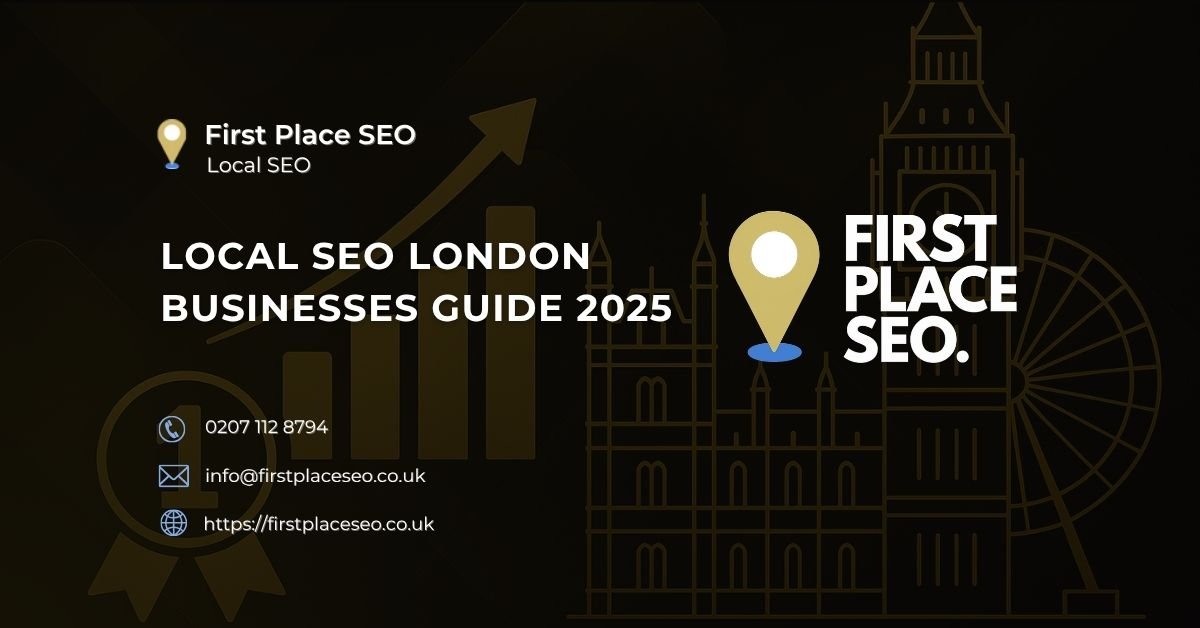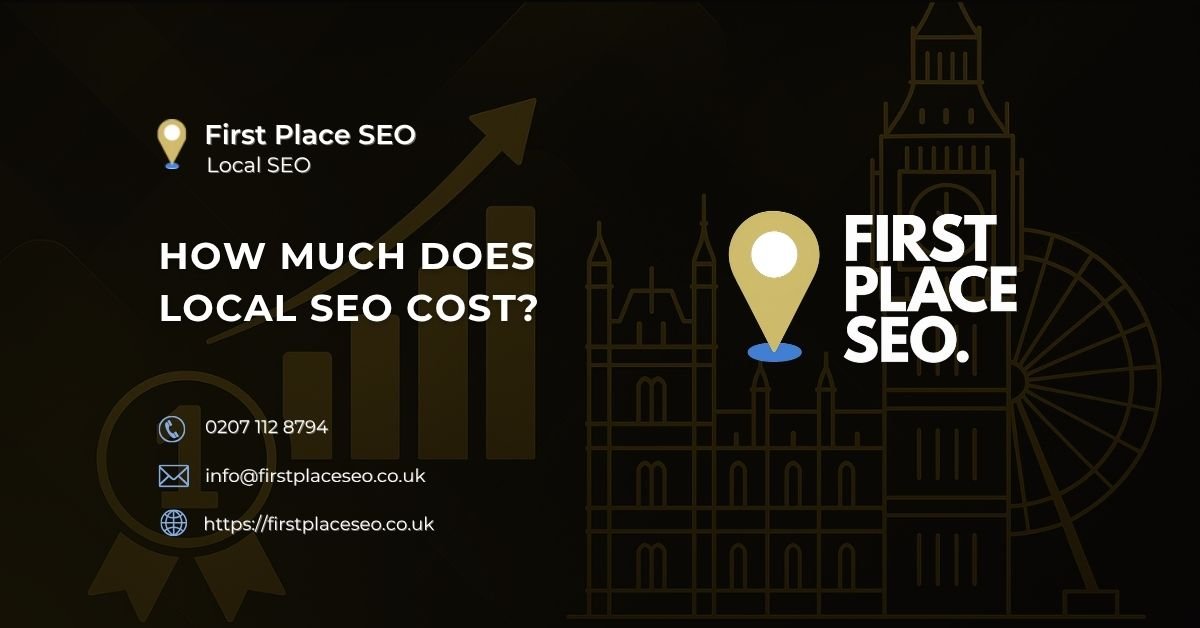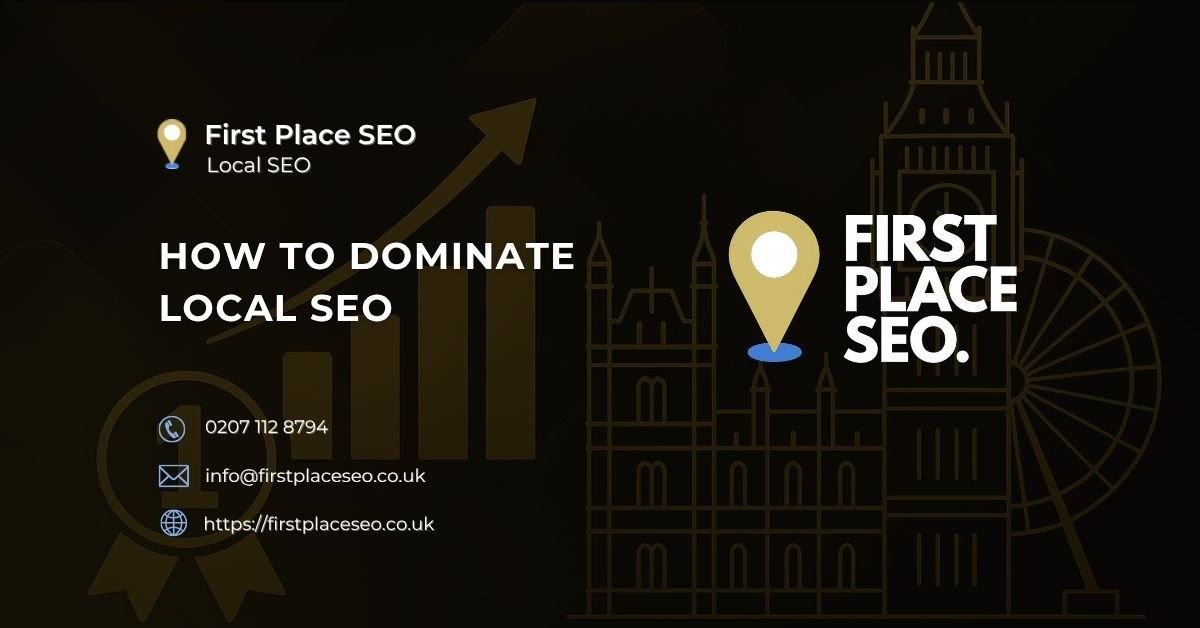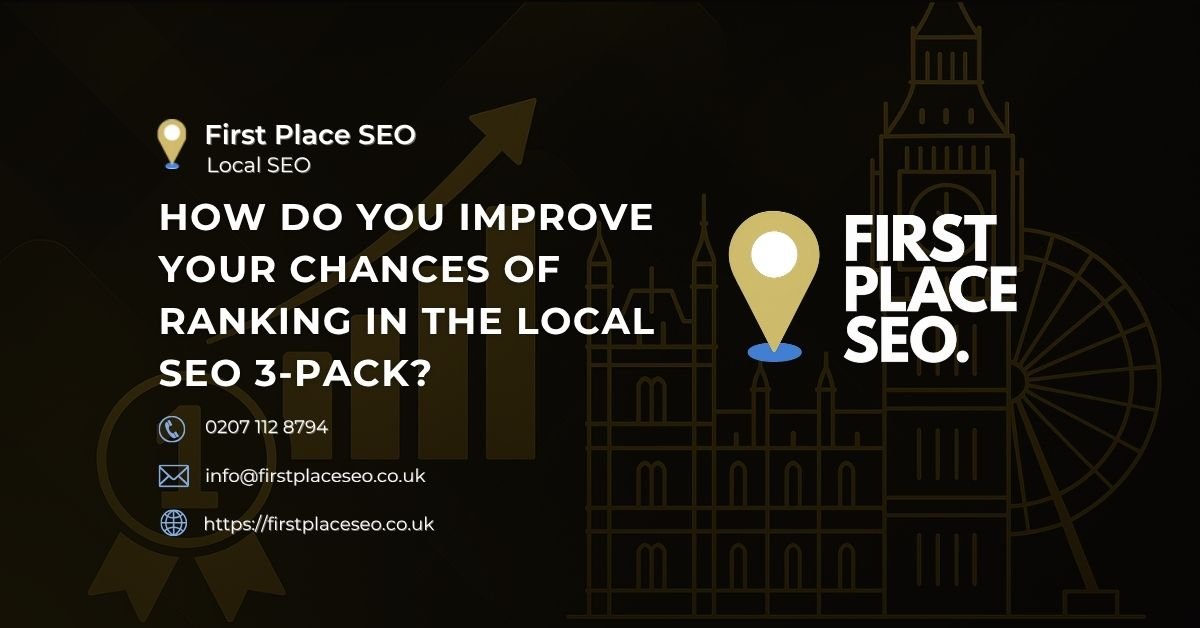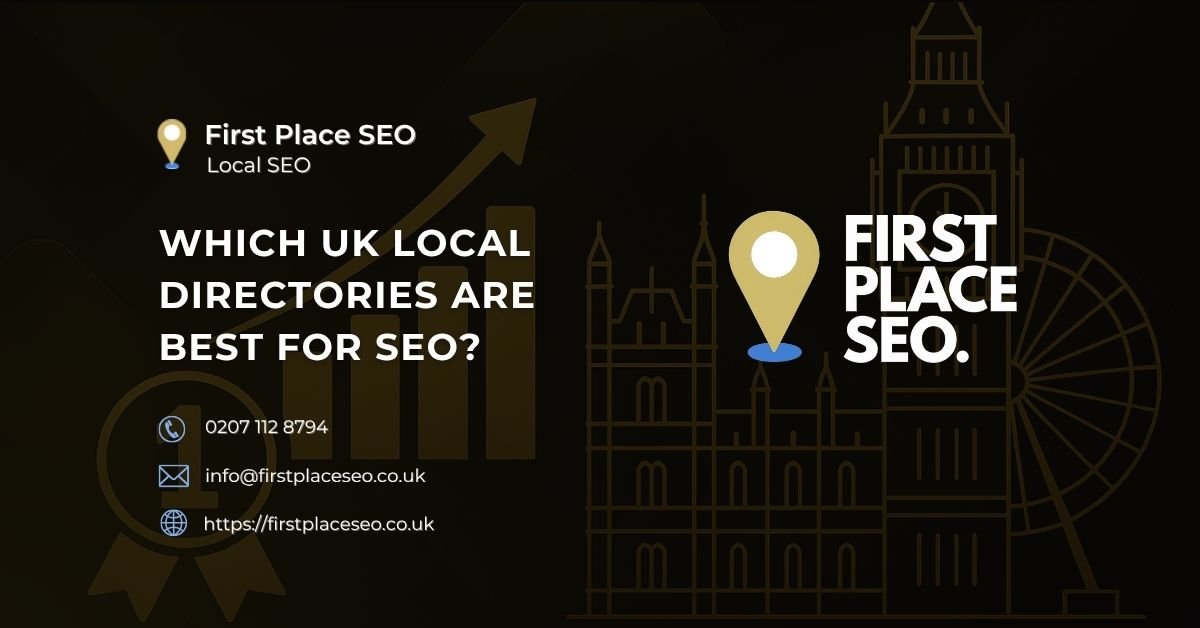Are SEO Keywords Case Sensitive in Google and Search Engines?
No, SEO keywords are not case sensitive in search queries or indexing by major search engines like Google and Bing. Whether keywords are written in uppercase, lowercase or a mixture, they are interpreted the same way by the algorithms. For example, searching for ‘SEO expert London‘ and ‘seo expert london‘ will return the same set of results. Google focuses on semantic understanding and user intent rather than formatting details. This means that capitalisation has no direct impact on keyword ranking, visibility or relevance in organic search.
Here's What We Have Covered In This Article
What Are SEO Keywords?
SEO keywords are terms or phrases that represent what users enter into search engines when seeking information, products or services. They serve as the foundation of search engine optimisation strategy. Matching user queries with relevant content improves visibility in search engine results pages. Keywords are also used in keyword mapping, on page SEO, and search intent alignment.
Different Types of Keywords
-
Broad keywords like ‘SEO services’ cover wide topics with high competition.
-
Long tail keywords such as ‘best local SEO services for plumbers in Leeds’ target specific queries with clearer intent.
-
Latent semantic indexing keywords such as ‘website traffic’, ‘search engine rankings’, and ‘keyword optimisation’ help reinforce topic relevance.
For help identifying keyword opportunities and understanding how to use them in your content, explore our keyword research services.
What Does Case Sensitivity Mean in This Context?
Case sensitivity refers to the distinction between uppercase and lowercase letters. In some technical systems like programming languages or server configurations, this difference can matter. However, in the context of SEO and keyword ranking, search engines apply case insensitivity to normalise input and reduce variation.
Google’s natural language processing (NLP) algorithms identify the meaning of search terms regardless of case formatting. This supports semantic search and improves the delivery of relevant content.
Does Capitalising Keywords Make a Difference in Rankings?
Capitalisation does not influence how a keyword ranks in search engine results. Search engines extract meaning from terms regardless of how they are written. What affects rankings is the context in which the keyword is used, how well it aligns with the search intent, and the quality of the surrounding content.
What Affects Rankings More:
-
Relevance of the keyword within content structure
-
Proper use in headings, title tags and meta descriptions
-
Integration with topical keywords and supporting entities
-
Page load speed, backlink quality and mobile usability
For effective optimisation, include keywords in logical places while maintaining natural sentence flow. Our on page SEO guide explains how to position keywords for best results.
Can Capitalisation Change the Meaning?
In rare cases, yes. A single word may have different meanings depending on whether it begins with a capital letter. For example, ‘polish’ refers to a substance for cleaning, while ‘Polish’ refers to nationality. Google uses contextual clues to interpret intent but case usage can sometimes influence the search results if ambiguity exists.
To avoid confusion, ensure clarity in content by pairing such terms with supporting context. For example, write ‘floor polish’ or ‘Polish cuisine’ to ensure accurate intent.
Are URLs Case Sensitive?
Yes, URLs are technically case sensitive beyond the domain name. While www.example.com is case insensitive, the path that follows it, such as /Services and /services, could be treated as different pages depending on how the server is configured.
How to Avoid Issues:
-
Use lowercase letters consistently in URLs
-
Avoid creating duplicate paths by mixing case
-
Set canonical tags to tell search engines which version is preferred
-
Apply 301 redirects where needed to consolidate indexing
Learn more about building clean, SEO friendly URLs in our technical SEO checklist.
Should Meta Titles and Meta Descriptions Use Capital Letters?
Meta titles and descriptions do not rely on capitalisation for search ranking. However, correct use of capital letters improves readability and click through rate. Titles should use title case or sentence case depending on brand preference. Meta descriptions should follow natural sentence structure with appropriate punctuation.
Well written meta content increases engagement and strengthens perceived authority. For example, a meta title like ‘Affordable SEO Services in London’ is easier to scan than ‘affordable seo services in london’.
Does Capitalisation in Anchor Text Matter?
For search engines, the case of anchor text has no bearing on keyword weight or linking authority. However, consistent formatting contributes to user trust and visual clarity.
When linking internally, use clear, descriptive anchor text that blends naturally with the surrounding sentence. For example, ‘Explore our full list of SEO services for more details.’
Are Google Ads Keywords Case Sensitive?
Google Ads treats keywords as case insensitive. Ad performance is based on keyword relevance, bid amount and quality score, not capitalisation. Whether you bid on ‘seo expert’ or ‘SEO Expert’, the system treats them identically.
However, the way you capitalise your ad copy can affect ad visibility and user response. Use sentence case or title case for clarity and professionalism.
Does Capitalisation Matter in Structured Data and Schema Markup?
Structured data is used to describe your content to search engines more accurately. While schema properties are not case sensitive, values should reflect natural capitalisation for consistency. Product names, brand references and event titles should match how they appear on your site.
Maintain clean and consistent markup to reduce schema validation errors and support rich snippet eligibility.





